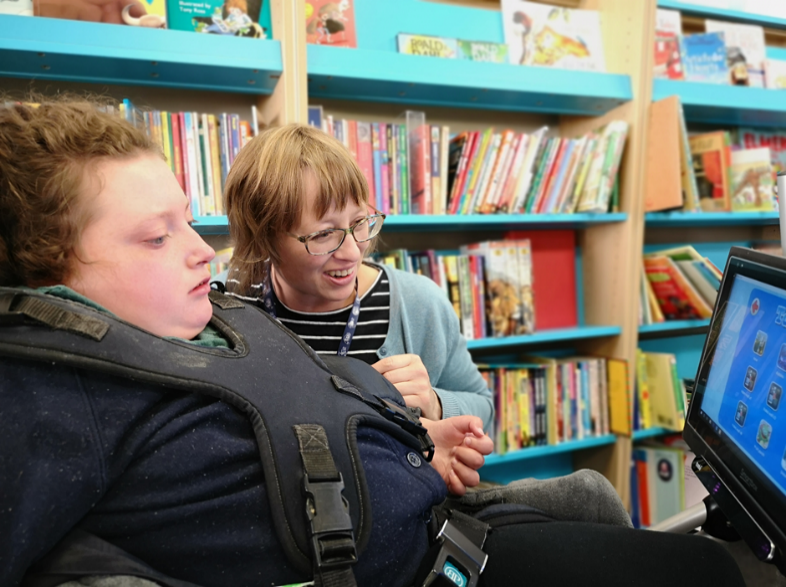
This Pathway is designed for students with Profound and Multiple Learning Difficulties working at Pre-Entry level 1 to Entry Level 1. The Curriculum focuses on the development of communication skills and learning through sensory exploration.
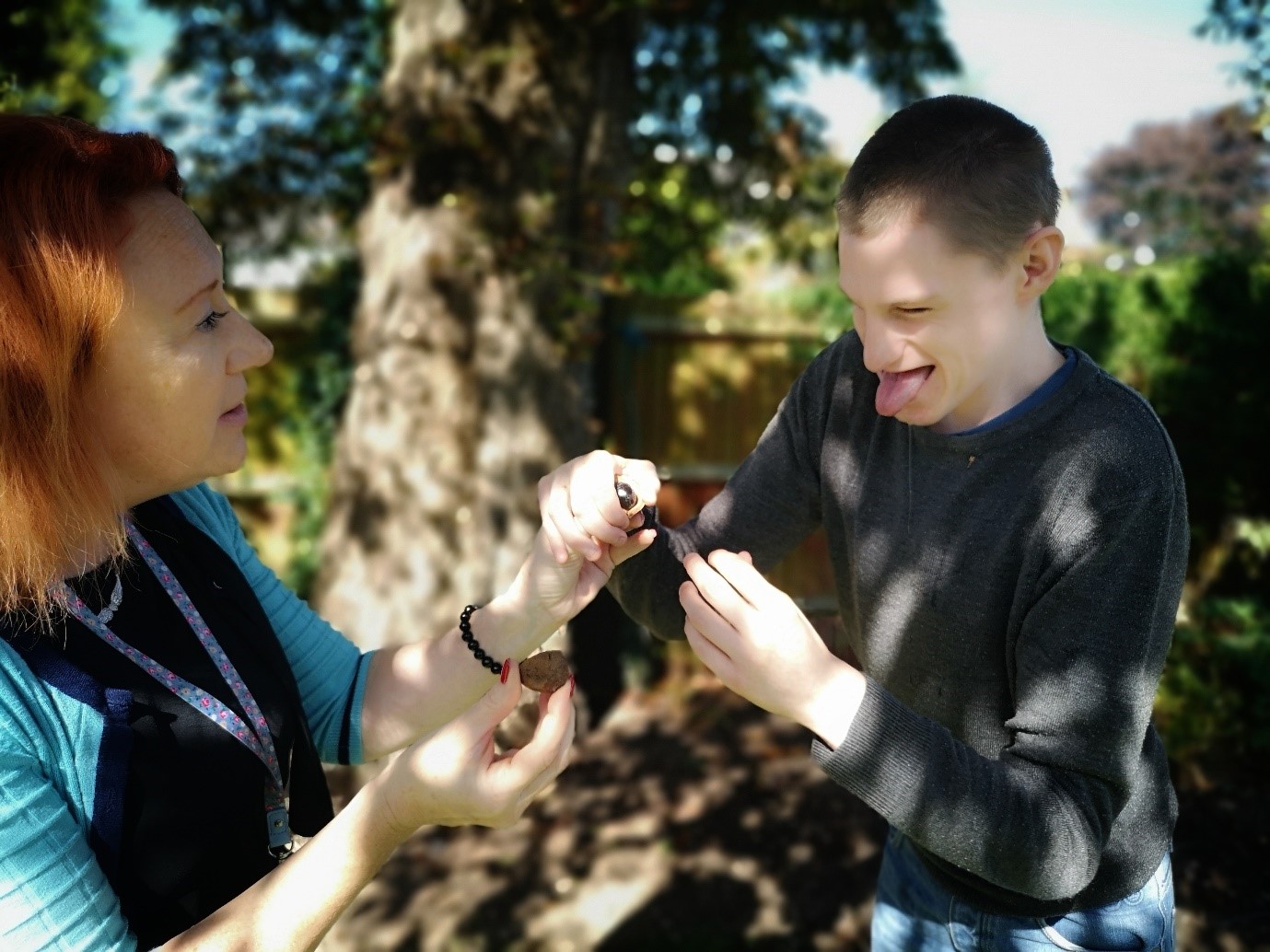
Physical Well-being
Students follow a personalised physiotherapy plan or movement programme, designed by the College’s Physiotherapist. Students have access to hydrotherapy and rebound therapy sessions as well as other physical activities. If students require time in standing frames, high priority is given to this as well as opportunities to learn out of their wheelchairs. College has an Acheeva bed that is used for students to stretch out and support regular changes of position. Students participate in team games, dance and fitness sessions to improve their coordination and muscle tone. The Multi-Sensory room provides students with the opportunity to participate in relaxation sessions and develop their communication skills.
Communication and Interaction
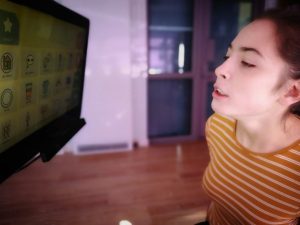
At College, students have a baseline assessment with a Speech and Language Therapist (SaLT) and follow a personalised programme to develop their communication skills. Students have access to a wide range of low and high tech Augmentative and Alternative Communication (AAC) equipment such as Communication in Print Symbols, Switches, Eye Gaze, objects of reference and Talk 4 Technology. Staff are trained Signalong Practitioners and use signing throughout the day to support communication with students.
Students are actively involved in age appropriate sensory stories, which enable them to develop their listening and attention skills. Staff use their Intensive Interaction training throughout the day to maximise social interaction with our more complex students.
Communication is an integral part of our Curriculum. We firmly believe that communication is pivotal in empowering students to play an active part in decision making and enabling them to become as independent as possible.
Community Inclusion and Transition
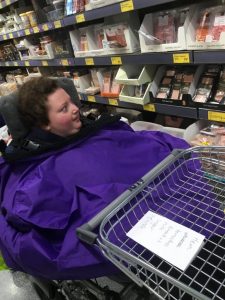
All students at College are encouraged to be active members of the local community. They contribute to the creation of craft items to be sold throughout the year at a variety of community events. Students have the opportunity to develop their communication and life skills during trips to various community facilities such as shops, cafes, garden centres, parks, libraries and local businesses.
Students are supported with visits to social care providers in and around Worcestershire as part of our transition out programme. They have the opportunity to participate in activities at different social care providers and experience the different facilities on offer. These visits enable students and their families to make informed decisions about life beyond education. These visits form an essential part of our Curriculum and transition process for our students. When appropriate providers are identified, a personal transition programme is agreed to help prepare students for the next chapter in their lives.
College offers a ‘Link Project’ for local special schools, providing our students with the opportunity to build relationships with potential new students. The ‘Link Project’ focuses on making new friends, relationships and appropriate social interaction and enables students to learn about different people, cultures and communities whilst developing their communication skills with unfamiliar people. The ‘Link Project’ enables pupils from local schools to experience life at College and begin their own transition out of school.
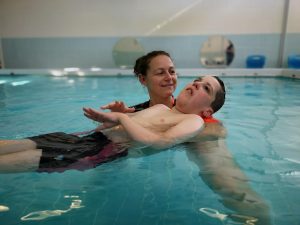
Social and Emotional Well-being
The social and emotional well-being of our students is paramount. Our ‘Explorers’ experience a range of therapeutic activities, which promote relaxation and self-esteem. Our students have access to music therapy, story massage, ‘Sensology’, therapeutic massage, Personal and Social Health Education (PSHE) and relaxation.
Maths & English
Maths and English are not taught as standalone subjects on the Explorer’s Pathway. Meaningful opportunities for Maths and English are embedded into all lessons across the Curriculum with an emphasis on communication, thinking skills and problem solving. Students develop their reading skills by recognising pictures and symbols. Communication is developed through the use of objects of reference, PECS, Intensive Interaction and AAC devices. Students are encouraged to use thinking skills such as following instructions or doing Switch based activities. Staff are patient and allow students the time to think things through so they can develop problem solving skills using trial and error.
